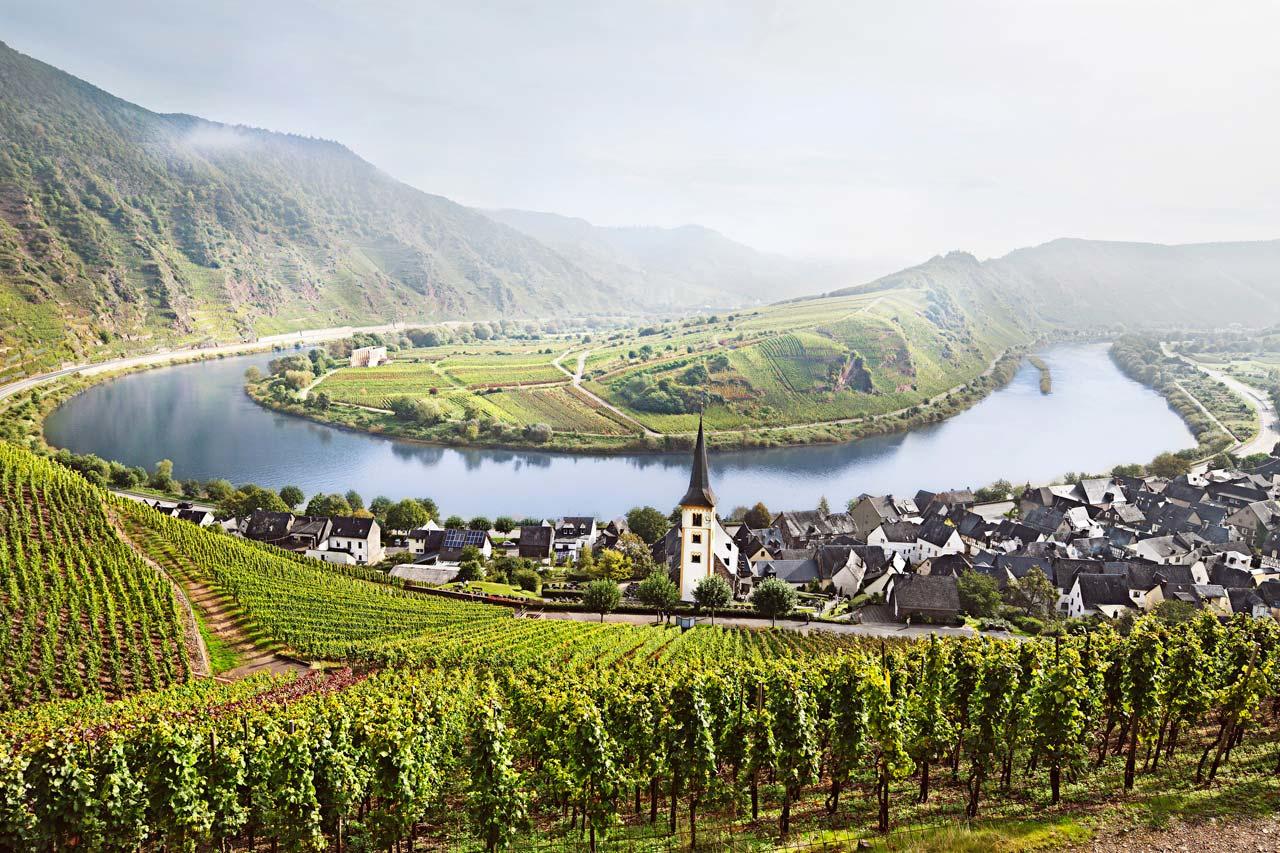Moselle River

The Moselle River, with its gentle flow and picturesque surroundings, holds a profound cultural significance that stretches back through the annals of time. It is three largest tributaries are the Meurthe, Saar, and Sauer. From ancient civilizations to modern societies, the Moselle River has been a source of inspiration, livelihood, and heritage for those who call its banks home. In this comprehensive exploration, we delve into the myriad reasons why the Moselle is culturally important, uncovering the rich tapestry of traditions, art, and history that it embodies.
1. Historical Heritage:
- Ancient Roots: The Moselle River has been inhabited by various cultures and civilizations since antiquity, leaving behind a wealth of archaeological sites, artifacts, and ruins. From the Celtic tribes to the Roman Empire, the river valley bears witness to the ebb and flow of ancient civilizations, each contributing to its cultural legacy.
- Medieval Marvels: The Middle Ages saw the rise of feudal lords, fortified castles, and bustling market towns along the Moselle. The architectural marvels of this era, such as the imposing Trier Cathedral and the fortified city walls of Luxembourg, stand as testaments to the region’s medieval heritage.
2. Art and Architecture:
- Inspiring Creations: The scenic beauty of the Moselle River valley has long captivated artists, poets, and architects, inspiring them to create works of enduring beauty. From romantic landscape paintings to intricate Gothic cathedrals, the cultural landscape of the Moselle is adorned with masterpieces of human creativity.
- Vineyard Vistas: The vineyards that carpet the slopes along the Moselle produce some of Europe’s finest wines, reflecting centuries of winemaking tradition and craftsmanship. Wine festivals, tasting tours, and vineyard trails celebrate the cultural significance of viticulture in the region.
3. Literary and Musical Heritage:
- Poetic Reverie: The tranquil beauty of the Moselle River has inspired countless poets and writers to pen verses that evoke the river’s mystique and allure. From the Romantic poets of the 19th century to modern-day authors, the Moselle continues to be a source of literary inspiration.
- Harmonious Melodies: Music also plays a vital role in the cultural life of the Moselle valley, with traditional folk songs, classical compositions, and contemporary tunes celebrating the region’s heritage. Concerts, festivals, and musical performances bring people together to share in the joy of music along the riverbanks.
4. Culinary Traditions:
- Gastronomic Delights: The Moselle River valley is renowned for its culinary traditions, with local delicacies reflecting the region’s cultural heritage and natural bounty. From hearty stews and savory tarts to fresh fish and succulent wines, the gastronomic delights of the Moselle tantalize the taste buds.
- Market Treasures: Farmers’ markets, food festivals, and culinary events showcase the diversity of flavors and ingredients found along the Moselle, providing opportunities for locals and visitors alike to savor the region’s culinary heritage.
5. Festivals and Celebrations:
- Community Spirit: Throughout the year, the Moselle River valley comes alive with festivals, celebrations, and cultural events that unite communities and celebrate their shared heritage. From traditional folk festivals to modern arts and music gatherings, these events foster a sense of belonging and pride in local culture.
- Heritage Preservation: Cultural organizations, museums, and heritage sites play a vital role in preserving and promoting the cultural heritage of the Moselle valley. Through educational programs, exhibitions, and preservation efforts, they ensure that future generations can continue to appreciate and cherish the region’s cultural legacy.
Conclusion:
The cultural importance of the Moselle River transcends mere geography, weaving a tapestry of traditions, art, and history that enriches the lives of those who inhabit its shores. From ancient civilizations to modern-day communities, the river valley serves as a nexus of cultural exchange and creativity, fostering a sense of identity and belonging among its inhabitants. As we celebrate the cultural heritage of the Moselle, may
Know More about the Moselle River.
What are The Religious Places of the Moselle River?
When Did The Moselle River Basin Become a Focus?
Where is The Moselle River Located?
Who Were The Key Historical Figures and Civilizations of The Moselle River?
How to Reach Moselle River?




